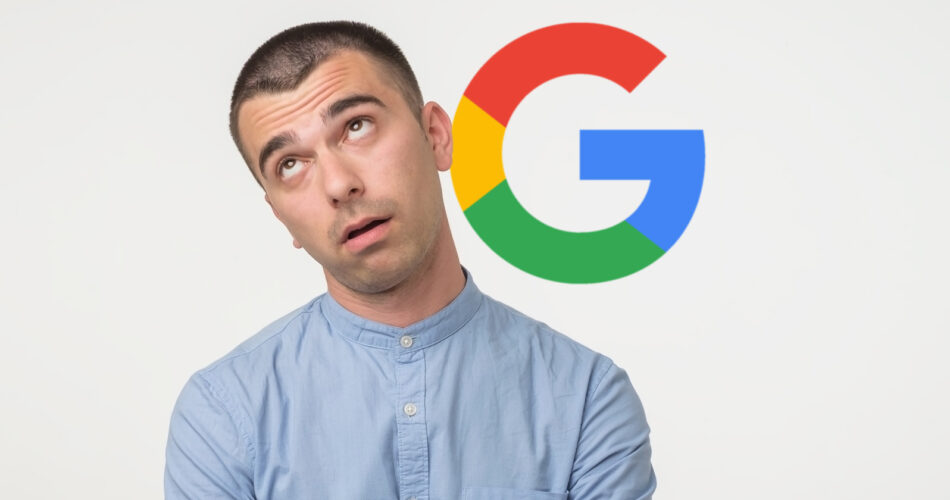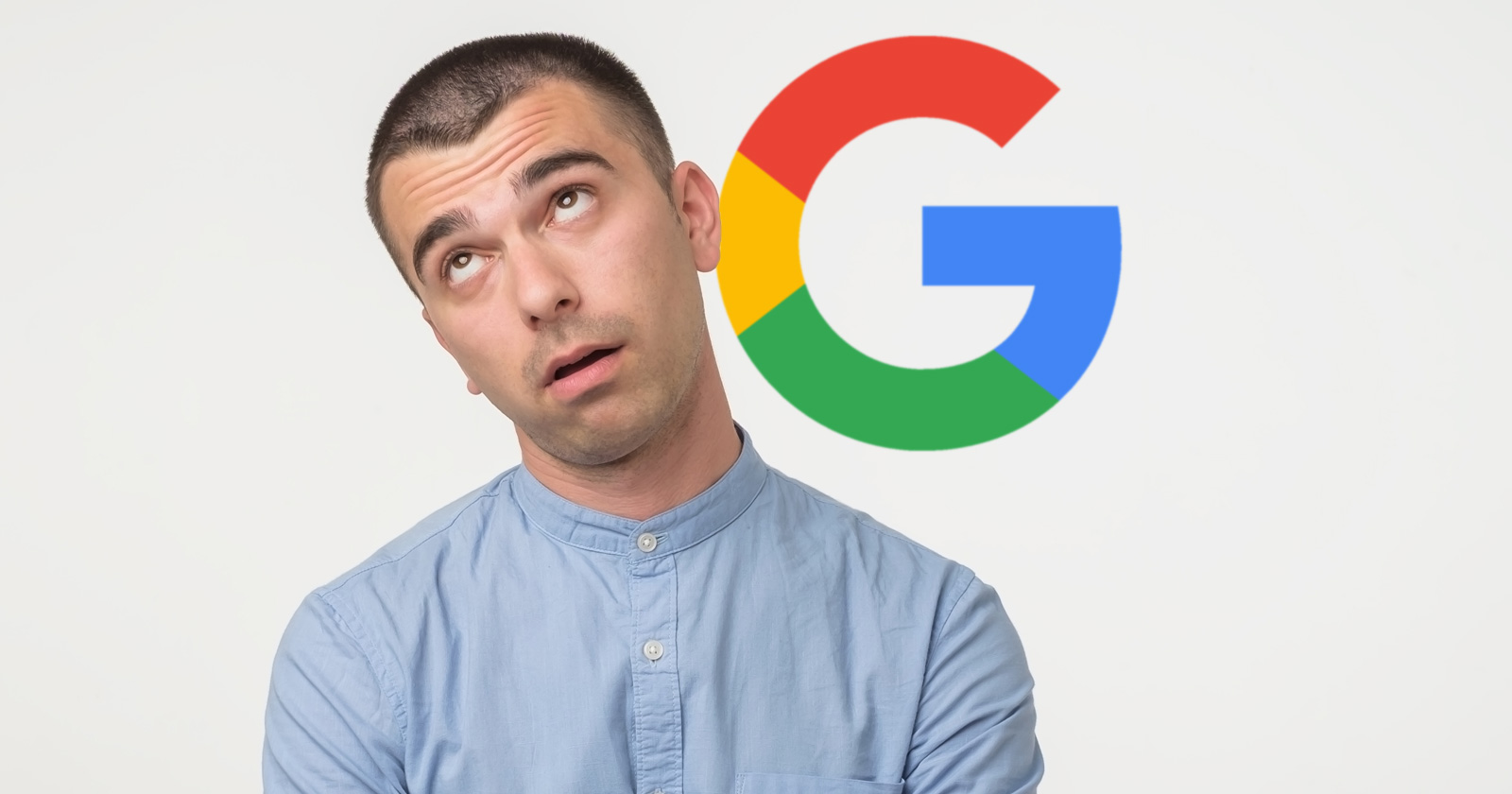Ex-Googler Marissa Mayer in a podcast on the topic of why Google search is so bad explained that it wasn’t Google that was bad it was the Internet. Then she opined that one of the reasons for keeping users on Google is because the web isn’t always a good experience.
Ex-Googler Marissa Mayer
Marissa Mayer was employee #20 at Google. She played key roles in virtually all of Google’s major products, including Google search, local, images, and AdWords, to name a few.
She left Google to become president and CEO of Yahoo! for five years.
Mayer was not only there at the beginning of Google but played a role in shaping the company, which gives her a unique perspective on the company and its thinking, to some extent.
What is the Reason for Zero-Click SERPs?
Marissa Mayer appeared on a recent Freakonomics podcast that was on the the topic of, Is Google Getting Worse?
In one part of the podcast she insisted that Google search is only a mirror and does not create the low quality of the search results.
She asserted that if the search results are worse that’s only because the Internet is worse.
The podcast then moves on to discuss featured snippets, what some in the search marketing community call zero-click search results.
They’re called zero-click because Google shows the information a user needs on the search results page so that the users receive their answer without having to click through to a website.
Google officially says that these search features are designed to be helpful.
Marissa Mayer opined that another motivation to keep people from clicking to a website is because the quality of the Internet is so bad.
The podcast host started the conversation with his interpretation of what featured snippets are:
“One way Google has tried to fight the overall decline in quality is by supplementing its index of a trillion web pages with some content of its own.
If you ask a simple question about cooking or the age of some politician or actor, or even what’s the best podcast, you may see what Mayer calls an ‘inline result,’ or what Google calls a ‘featured
snippet.’
It’s a bit of text that answers your question right there on the search-results page, with no need to click on a link.”
Mayer offered her opinion that Google may be “hesitant” to refer users to websites.
She explained:
“I think that Google is more hesitant to send users out into the web.
And to me, you know, that points to a natural tension where they’re saying, ‘Wait, we see that the web sometimes isn’t a great experience for our searchers to continue onto.
We’re keeping them on our page.’
People might perceive that and say, ‘Well, they’re keeping them on the page because that helps them make more money, gives them more control.’
But my sense is that recent uptick in the number of inline results is because they are concerned about some of the low-quality experiences out on the web.
I think that the problem is really hard.
You might not like the way that Google’s solving it at the moment, but given how the web is changing and evolving, I’m not sure that the old approach, if reapplied, would do as well as you’d like it to.”
What Is the Motivation Behind Featured Snippets?
The reason Google gives for providing featured snippets in the search results is that they are convenient for users.
Google’s help documents explain:
“We display featured snippets when our systems determine this format will help people more easily discover what they’re seeking, both from the description about the page and when they click on the link to read the page itself. They’re especially helpful for those on mobile or searching by voice.”
Marissa Mayer’s opinion matters because she played a key role in shaping Google, from Search to AdWords to Gmail.
Obviously she’s only offering her opinion and not stating a fact that Google is hesitant to send traffic to websites because the Internet is that bad.
But could there be something to her observation that websites are not very good?
Consider that in 2022, there were 8 officially acknowledged Google updates.
Of those eight updates, six of them updates were spam updates, helpful content updates and product review updates.
The majority of Google’s updates in 2022 were designed to remove low quality internet content from the search results.
That focus on weeding out low quality websites aligns with Marissa Mayer’s view that the Internet today is full of low quality content.
So the history of 2022 Updates kind of confirms Marissa Mayer’s view that web content is bad and that the only way to improve search is by improving web content.
Given what Marissa Mayer says she gets a sense of, that Google might be “concerned about some of the low-quality experiences out on the web,” could that play a small role in some of the decisions that Google makes with regard to featured snippets?
It’s hard to believe that this may be a motivation for featured snippets.
But maybe Mayer is saying out loud what Googlers say in private.
Citation
Listen to the Freakonomics podcast here
Featured image by Shutterstock/Koldunov
Source link




